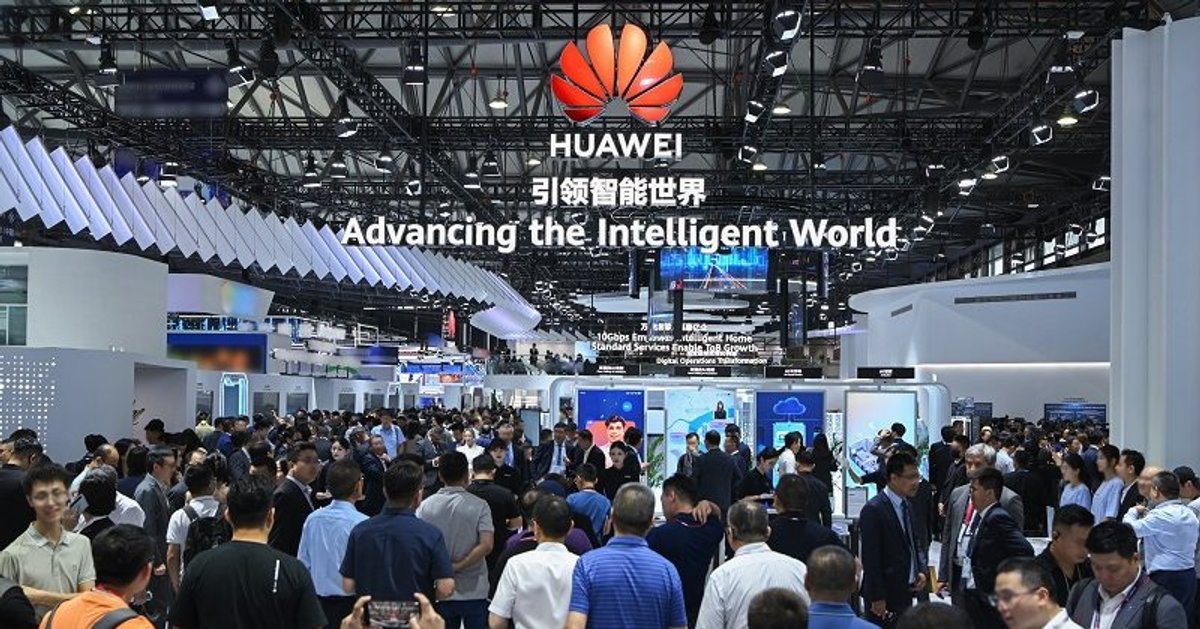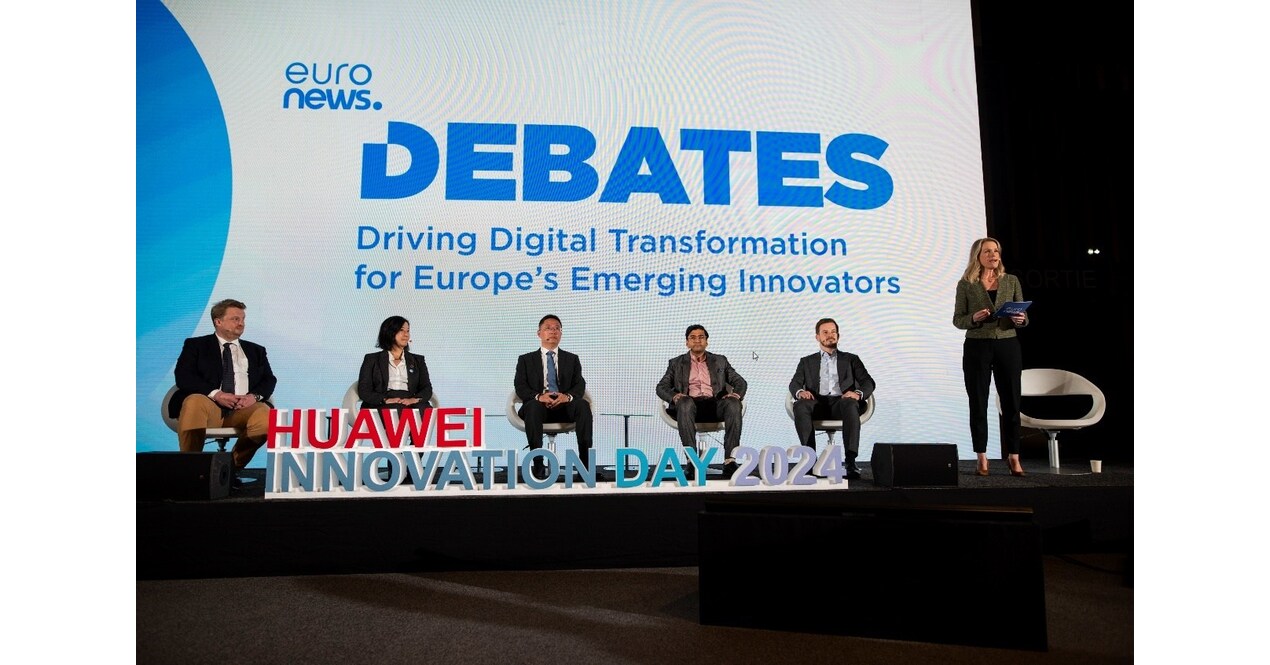AI Tech Companies Raise Alarm: Soaring Compliance Costs Threaten European Innovation – MarketExpress

Oleg Stavitsky doesn’t mince his words when asked where he thinks Europe’s artificial intelligence (AI) sector is headed.
“Ultimately, the EU will fall behind even more,” the CEO of AI-powered music app Endel tells DW. “Regulations will stifle local development and ‘Big Tech’ will eventually find its way to the EU. Regulations and bureaucracy are strangling innovation in the EU. It’s that simple.”
For now, regulation appears to be keeping some parts of US “Big Tech” out. Recent moves by tech giants such as Apple and Meta to withhold some of their most advanced AI models from the European market have raised questions about current conditions for AI-centered firms in the bloc.
Apple announced in June it would delay the release of three new AI-driven features to EU users due to uncertainty over how the EU’s Digital Markets Act (DMA) could affect them.
Around the same time, Meta said it would not be launching its advanced Llama AI model in the EU, citing “the unpredictable nature of the European regulatory environment.”
It’s not the first time leading US AI developers have aired strong reservations about the EU’s regulatory approach. Last year, OpenAI CEO Sam Altman said of the European Commission’sthen-forthcoming AI Act: “We will try to comply, but if we can’t comply we will cease operating.”
A ‘tsunami of legislation’
Over the last few years, the EU has introduced a raft of legislation aimed at regulating the digital economy in the member states.
The General Data Protection Regulation (GDPR) came into force in 2018, the Digital Markets Act in 2022, and the Data Act in 2023 while in 2024, two more major pieces of legislation take effect: the Artificial Intelligence Act and the Cyber Resilience Act.
Many in Europe’s tech sector say the increasingly strict rules on everything from competition to data are restricting the development of the continent’s digital startups.
“The biggest issue that we see is that the smaller companies are facing a tsunami of what we call overregulation,” said Cecilia Bonefeld-Dahl, director-general of DigitalEurope, which represents over 45,000 firms in the continent’s technology sector.
She says the rising cost of regulatory compliance is prompting many European companies to simply leave the European market. Many EU unicorns — that’s a startup valued at over US$1 billion (€894 million) which is privately owned and not listed on a stock market — have left Europe for the US in the last few years.
“These fast-running, super valuable companies simply choose to move out of Europe because of the compliance cost of the market,” she told DW.
Ceding more ground
The lure of the US is something Asparuh Koev, the CEO of Bulgarian logistics firm Transmetrics, knows all about. The firm uses AI models to optimize transport planning for companies. Koev helped set it up in 2013 and it now has a 45-member staff and a turnover of around €2 million ($2.24 million) per year.
“When I started, the most repeated advice I got was that if I want to make the company really successful, I should go to the US,” he tells DW via Zoom from the company’s headquarters in Sofia.
He opted to keep Transmetrics in Bulgaria but he is concerned that Europe is ultimately going to cede more and more ground to US and China on artificial intelligence.
“If we don’t have access to the latest foundational models, and we have to deal with the older generation models, that eventually means that the American companies could be better suited to addressing our market, which is a concern,” he says.
It’s a concern many share.
“We want startups in Europe to grow and become bigger businesses and compete with some of the big tech companies in the US. That’s not going to be possible if you just keep adding regulation on top of regulation,” Alexandru Voica, head of corporate affairs and policy at Synthesia, an AI video platform with around 400 employees, told DW.
“Being behind and waiting on the latest technologies is normally a huge minus for a society,” says Bonefeld-Dahl. She hopes that when it comes to AI regulation, the EU and the US can work together to identify common risk definitions and harmonize their rules.
“I think that’s what’s important, that we have a dialogue between democratic, like-minded nations to look at real high risks and then forget about this over-regulation,” she says.
Jarek Kutylowski, founder and CEO of Germany’s DeepL translation company, says there may be advantages for AI firms being more regulated than their US rivals but it’s not clear if it is enough to make a significant difference.
“It still remains to be seen how this influences our ability to research, innovate and bring new products to market,” he told DW.
Another issue: the funding gap
While it has been suggested that US firms holding back their most advanced AI models could allow European startups to step into the breach, many dismiss the idea out of hand.
“I think that’s a ‘make-believe’ scenario,” says Voica. “I used to work for Meta. Meta, Google, Microsoft, these companies have large compliance teams, large legal teams. And if they can’t make this work, how will a company like ours or smaller, realistically?”
Stavitsky and Koev say the lack of funding in Europe compared to the US makes such a scenario even more improbable.
“More EU-based companies will move to the US, raise capital there, and build products for a much more open and free market,” says Stavitsky.
Koev points out that none of the top venture capital firms or AI firms in the world come from Europe. “There is nothing,” he says. “We are completely unequipped. This thing caught us by surprise. In Europe. we are very good at adopting innovation once it has been seriously proven, but we are not early adopters.”
Some have pointed to Mario Draghi’s report on European competitiveness as a possible sign that Europe will finally get its act together on AI and other critical technology. The former European Central Bank boss and Italian prime minister’s report called for a new industrial strategy for Europe and urged the EU to ramp up investment by €800 billion a year to compete with the US and China.
“It was nice to see that Draghi recognizes that if we want to win the game of security, innovation, and prosperity in Europe, we cannot just lean back and say ‘oh, everything is dangerous’ and put millions of millions of compliance costs on the companies,” says Bonefeld-Dahl.
“A company in Europe now has more compliance costs than it has in Research & Development. And that is totally, totally wrong.”
Related
Huawei: Tech Challenges & Opportunities for Europe
The European Union's ambitious Digital Decade 2030 plan sets forth bold targets for digital infrastructure, skills and business transformation. However, recent
EU regulators scrap probe into Apple’s e-book rules after complaint…
EU antitrust regulators on Friday (22 November) closed a four-year-long investigation into Apple's rules for competing e-book and audiobook
Belgian unicorn Odoo raises €500M, Northvolt files for Chapter 11, and…
This week we tracked more than 95 tech funding deals worth over €2.5 billion, and over 15 exits, M&A transactions, rumours,
At Its European Innovation Day 2024, Huawei Advocates Collaboration to…
PARIS, Nov. 22, 2024 /PRNewswire/ -- Huawei hosted the 2024 "Europe Innovation Day" in Paris, an event where European tech leaders, busi












